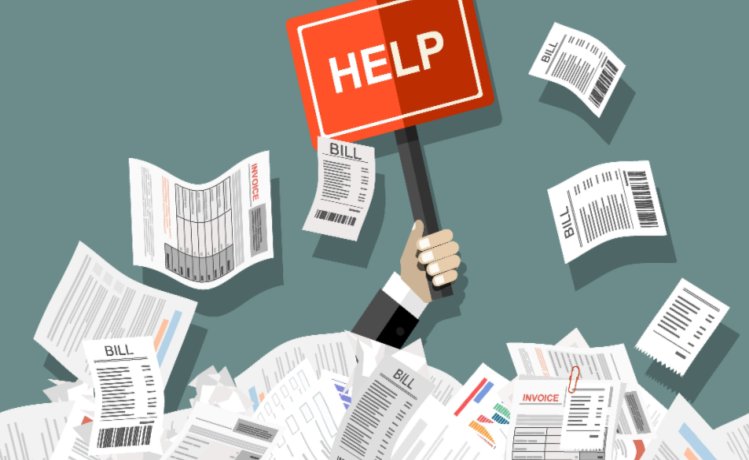If you’ve ever felt like you couldn’t escape debt, you are not alone. According to the Federal Reserve, Americans’ total debt has reached $998 billion, most of which is credit card debt. And in some cases, despite making your payments, it’s impossible to escape.
Nevertheless, you can implement other methods for getting out of debt. Before you can find the best way out of debt, you must first determine why it doesn’t seem to decrease. Here are a few reasons you are unable to get out of debt.
- Millions of Americans have trouble climbing out of debt
- Pay down your debt faster by increasing your payments
- Starting an emergency fund can help alleviate a sudden need for money
You Have a Big Mortgage
Mortgages are expensive to handle for anyone, as they often make up a big chunk of your overall household credit. And if your mortgage has become far too expensive for you, then maybe you should consider other alternatives. You could find a roommate to help split the costs of the house, or you could even rent instead of owning a house altogether. But if you insist on owning a house, then you might want to get one that is cheaper.
Another alternative is that if you have some wiggle room for financial spending, you could spend more on your mortgage payments. If that is the case, you can complete your mortgage faster by about five or even ten years, saving you money.
You Are Only Paying the Minimum
Making minimum payments on your credit card balance is possibly the slowest way that you could pay off your debt. The minimum benchmark for a credit card payment is 2% of the total amount. Say you continue to pay off this minimum amount on a balance of $5,000, with an annual interest rate of 15%. You would approximately pay off your debt in 27 years, with your total payment jumping to $12,500; with interest. You do not want to be in this loop.
Even if you increase your payments by 3%, your payment window will drop by half. But you could also really strap in and pay 5% of the total balance in payments. With that amount, you can clear out your balance in eight years.
Moreover, you will only be paying a total of $1,600 worth of interest, making the total price $6,600. Compared to the almost $7,500 worth of interest when paying with only 2%, it is clear which is more favorable.
You Do Not Have an Emergency Fund
Emergencies are never expected. In fact, they usually come unannounced and with a lot of baggage. Suddenly losing your job, unexpected health complications, and surprise home repairs can rattle anyone’s financial stability. And if you don’t have an emergency fund, you will have to get loans, which can quickly turn into a repetitive cycle.
You should be able to save enough to get through six months of living expenses on your savings alone. Of course, you do not have to save all of this money at once. Instead, you can take out a portion of your salary every month and keep it aside.
It will certainly take you some time to save enough for six months worth of living expenses. To calculate how much you should allocate to your emergency fund, you can rely on a variety of applications. These apps specialize in calculating your spending habits and finding the optimal amount to put aside.
Your Auto Loan is Overstaying its Welcome
While getting a car is a meaningful way to go about living in the city, car loans can be pretty expensive as well. They can also make up a significant portion of your overall household debt unless you opt for lower payments. By just extending your payment plan by an extra year, making it six years, you might have to pay the interest.
These interest payments can rack up, eventually leaving you paying significantly more for your car than originally intended. In fact, it can be one of the reasons why getting out of debt is so difficult.
Summing Up
Getting out of debt is not a spontaneous move. It will take years of careful spending and complex financial decisions before you are free. And hopefully, seeing a few reasons why you are struggling with your debt can help you better manage.
Author Bio:
Lyle Solomon has considerable litigation experience as well as substantial hands-on knowledge and expertise in legal analysis and writing. Since 2003, he has been a member of the State Bar of California. In 1998, he graduated from the University of the Pacific’s McGeorge School of Law in Sacramento, California, and now serves as a principal attorney for the Oak View Law Group in Rocklin, California.










